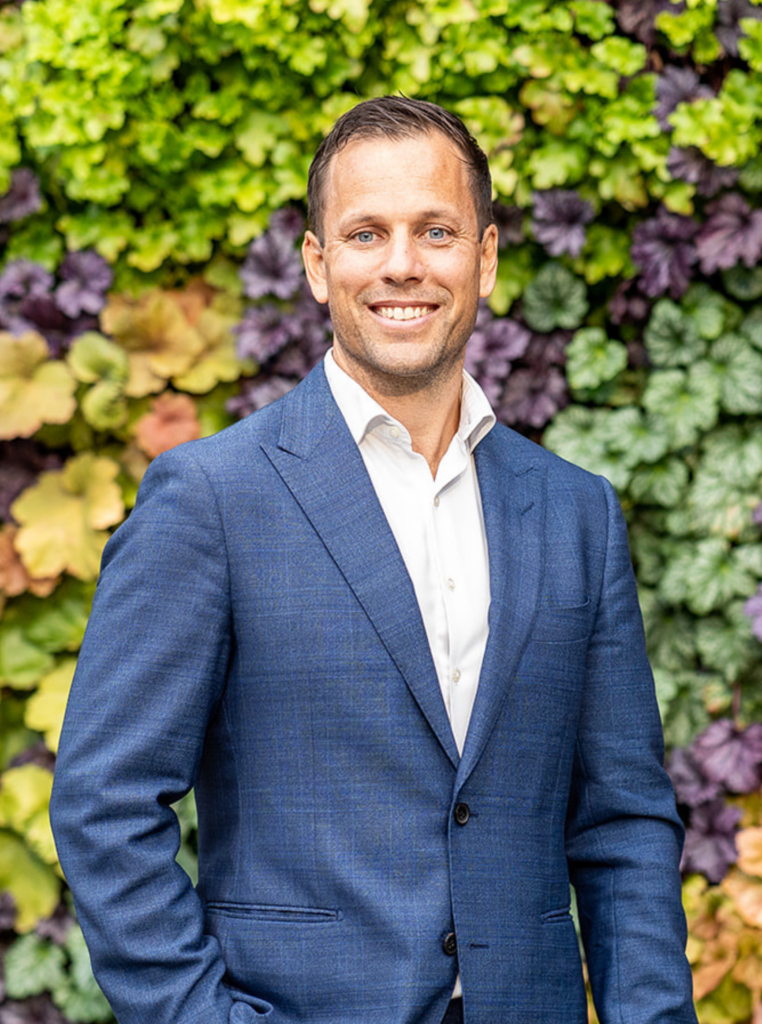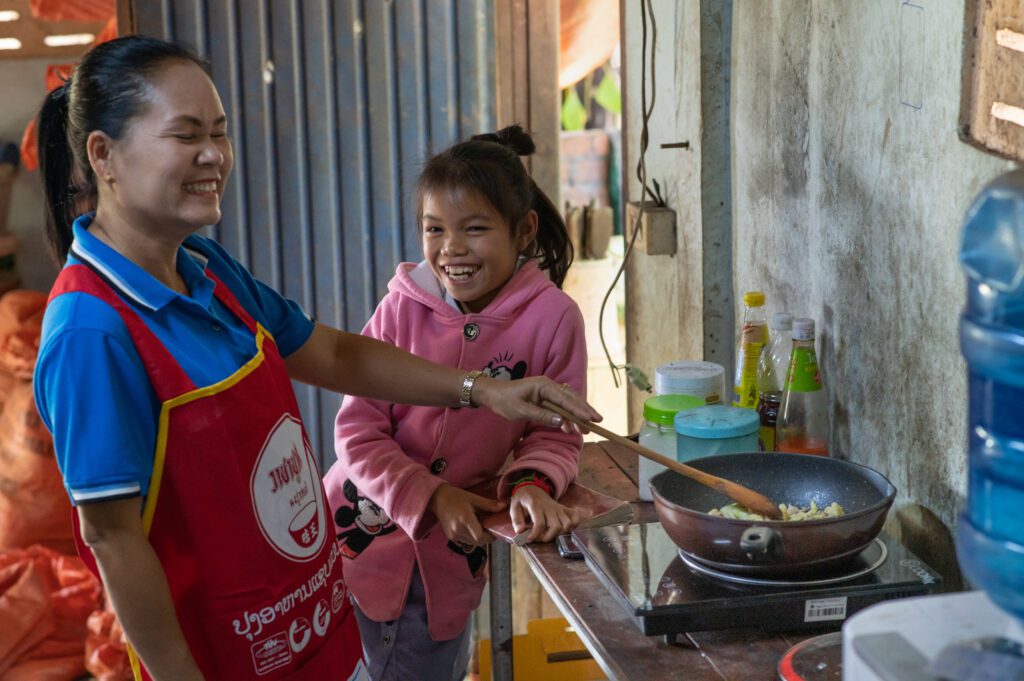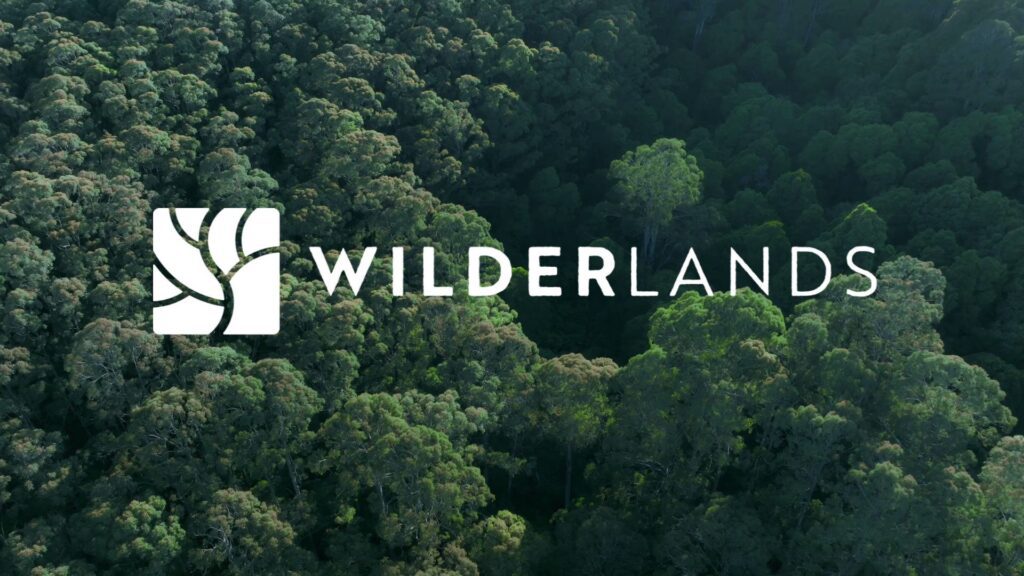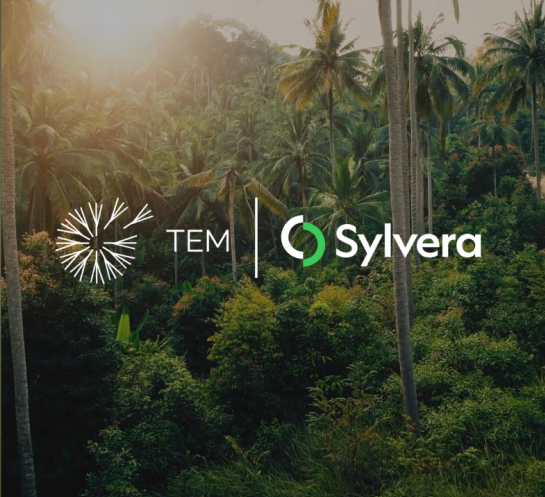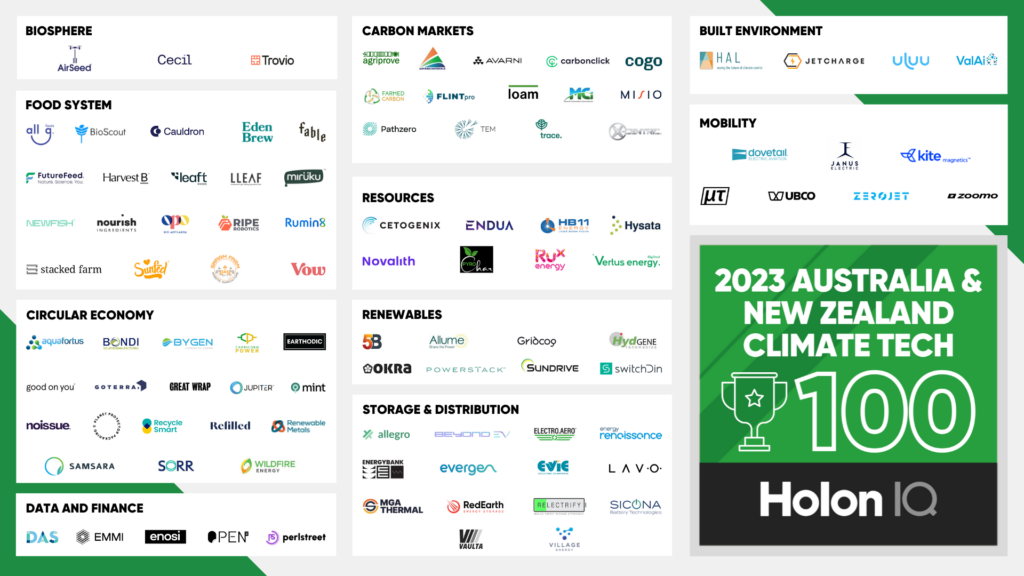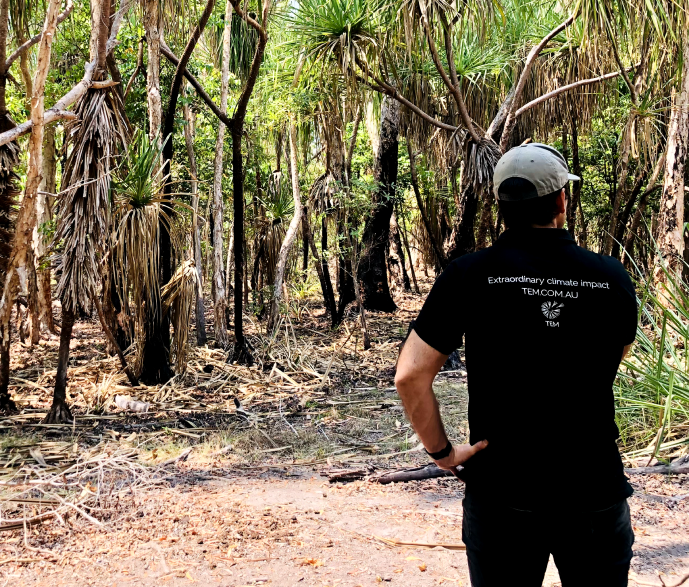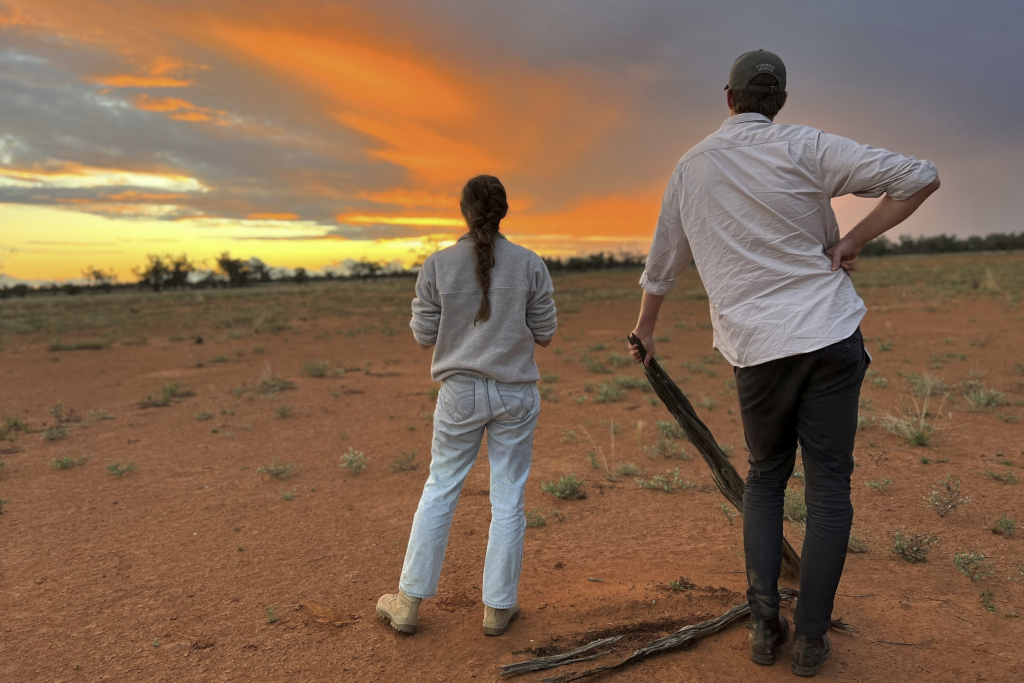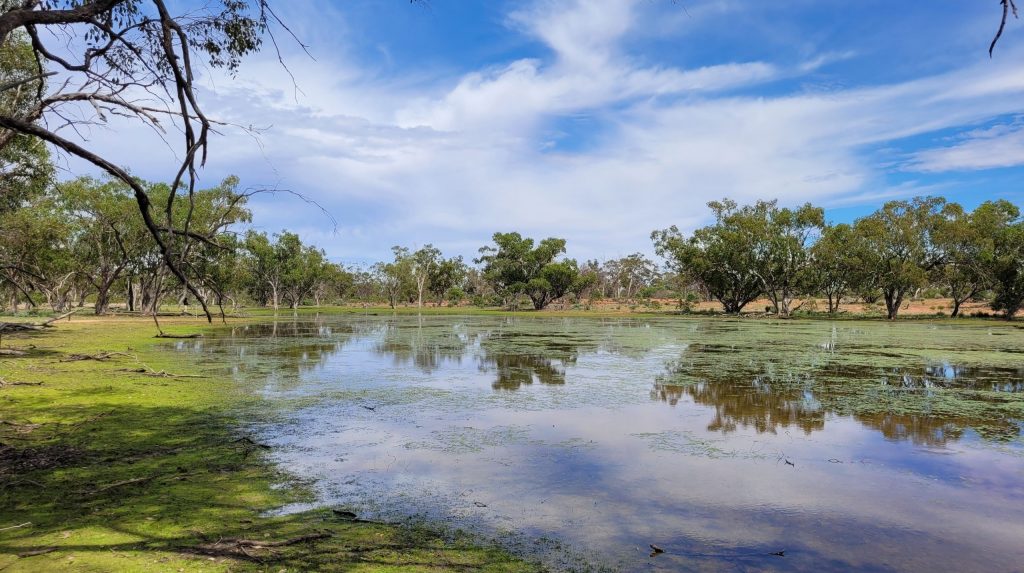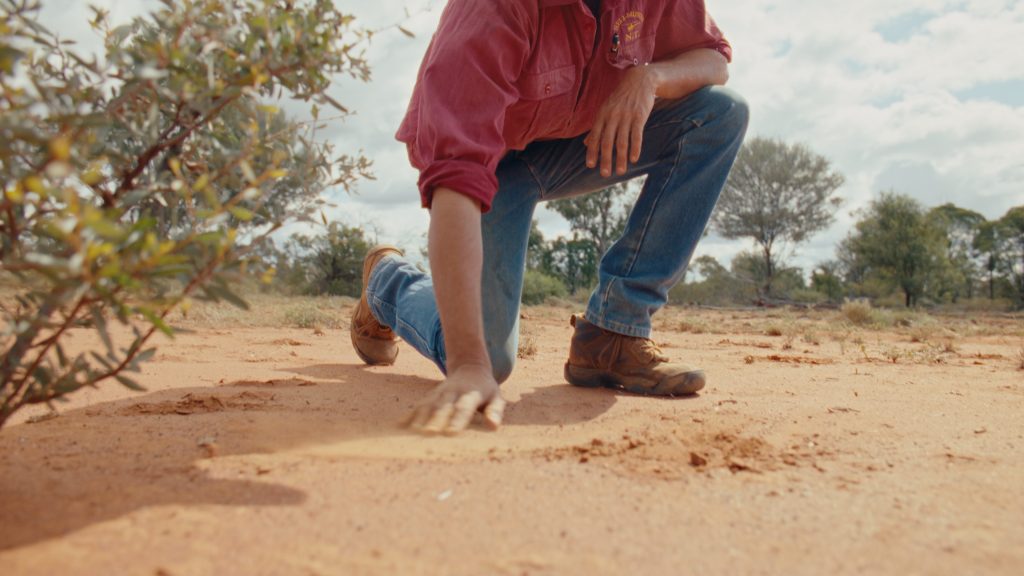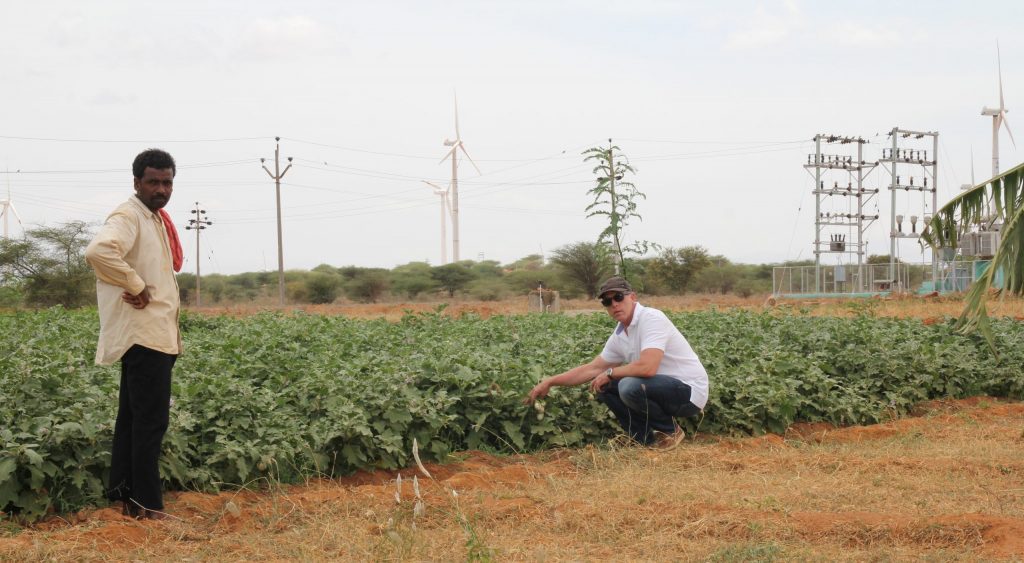Originally published by TEM on 14 Feb 2023.
The Four Corners investigation into the international credit carbon market is an important one. At TEM we believe transparency is the key to both impact and accountability.
TEM has never been involved with any of the projects mentioned.
But this investigation does give us a chance to highlight how important due diligence is when proceeding to invest in a project and the steps and processes TEM undertakes to ensure our carbon offset investments represent industry best practices.
We understand the key role that offsets play in helping organisations meet their net zero commitments while they work to decarbonise. Carbon projects undertaken with integrity and diligence are of immediate impact and benefit the communities where they take place. They are also of immediate impact to the organisations that invest in them alongside their longer-term carbon abatement strategies.
Our value proposition and our leading role in the market ensures that the carbon projects we undertake and invest in, have undergone a rigorous due diligence process to guarantee quality, integrity, and measurable carbon abatement impact.
TEM engages with carbon standards that are endorsed by the International Carbon Reduction & Offset Alliance (ICROA) and the Australian Government’s Climate Active program. These include:
- Verified Carbon Standard / Verra
- Gold Standard
- Clean Development Mechanism
- Australian Emissions Reduction Fund / Australian Carbon Credit Unit standards
- American Carbon Reserve
But, TEM goes further than this.
Through TEM’s due diligence process, we assess key aspects of carbon projects to mitigate any potential risks such as:
- The reputation of the project developer.
- Local community perception of the projects.
- Any issues identified in the project’s monitoring, verification, and validation reports.
- Any association of the project to bribery, corruption, environmental damage, or landholder mistreatment.
- Whether the project represents emissions abatement that is additional to what would have otherwise occurred in a ‘business-as-usual’ scenario.
- Whether the project methodology has been applied at best practice, and
- The permanence and longevity of the project.
Through conducting this process, TEM is aware of several carbon projects and project developers that do not meet our criteria of quality and integrity. We do not engage in these projects.
We are of the firm belief that projects that have fundamental integrity issues regarding their environmental and social impacts must be stamped out of the carbon market as a priority.
This is why our due diligence process goes beyond international standards and our processes and additional assurance is a core part of TEM’s business and of our service offering.
Our clients can have confidence in our projects, their integrity and their impact based on our significant expertise and our strong due diligence practice.
The criticisms of REDD+ in recent media should be considered alongside the systems and processes Verra puts in place to manage REDD+ projects, including buffer accounts to address unexpected losses through events like fire or illegal logging. These processes undergo regular reviews to ensure they keep up to date with latest technology and technology.
In calling out examples of poor practice, examples of best practice must be highlighted to show the credible alternatives that exist and that are critical to climate mitigation.
REDD+ activities remain critical in combating climate change. Land sector emissions contribute to an estimated 22% of global emissions [1], and mitigation of this through forestry and land management projects has been identified as the largest economically feasible climate mitigation opportunity in the land sector [2]. Equally as important, REDD+ projects have provided immeasurable benefits to the local communities, economies, and ecosystems where they are located. TEM is proud to be supporting REDD+ projects from PNG to Peru that deliver real, quantified, and verified benefits to those environments and communities.
One example of such a project is the April Salumei REDD Project in PNG, which has been delivering transformative, positive outcomes for climate, nature and people for almost 13 years.
It is one of the highest quality projects of its kind in the world and conserves an area of rainforest over 600,000 hectares (more than twice the size of the Blue Mountains National Park) and is amongst the top 10 most ecologically distinct areas on the planet.
Alongside its natural values, the project has unique social benefits for the 164 Incorporated Land groups (traditional Clans) and more than 9000 Indigenous people who depend on the richness and biodiversity of this unique forest that would otherwise be subjected to large scale commercial logging.
We require our project partners to measure the impact of their carbon projects across key criteria and then use performance indicators to track progress, ensuring they maximise their environmental and social impact.
The project governance structure ensures the ongoing strength of the project management, and the integrity of benefit sharing and outcomes.
TEM’s due diligence process continues through the life cycle of all of our investments – from beginning to end.
Finally, we must acknowledge that it simply won’t be possible to reach our net zero targets without offsets. Carbon credits are enshrined in the UNFCCC framework and are fundamental to all carbon schemes across the globe. At the end of the day, if we want to stop runaway climate change, the international carbon credit market must be effective, transparent and have a positive impact both on the carbon abatement and the communities in which they operate.


